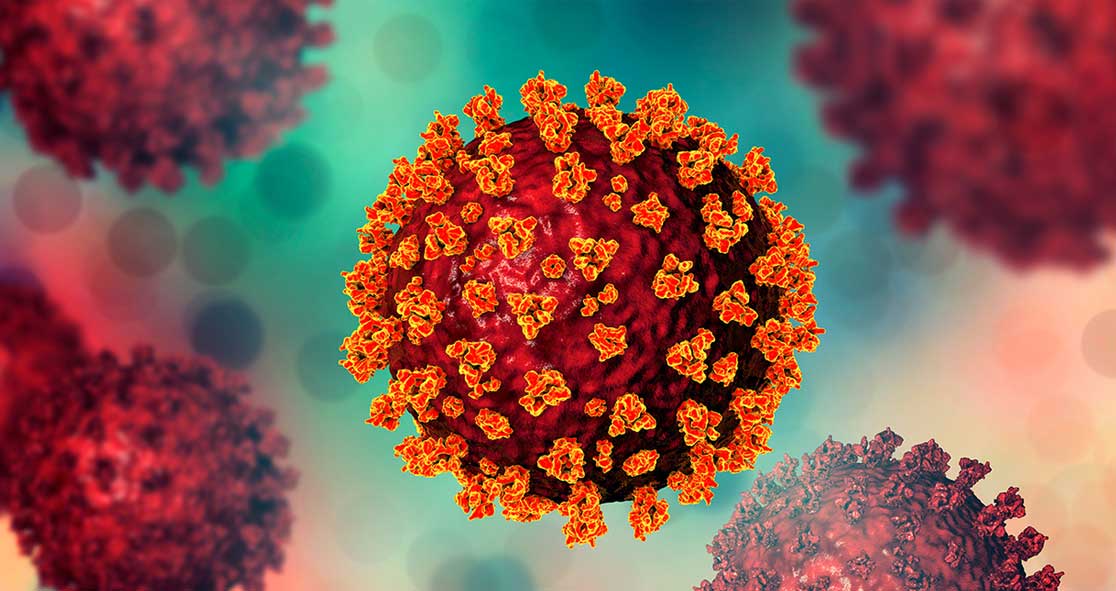A new publication, which appeared online in the journal ACS Infectious Disease, has found that a group of medications that are used to treat tapeworm has developed a compound that shows promise against COVID-19 in lab studies, according to Science Daily.
The compound is a part of a class of molecules known as salicylanilides.
Prof. Kim Janda of the Worm Institute for Research and Medicine at Scripps Research designed the compound in his laboratory.
He said, “It has been known for 10 or 15 years that salicylanilides work against certain viruses. However, they tend to be gut-restricted and can have toxicity issues.”
Prof. Janda’s compound acts as an antiviral as well as an anti-inflammatory drug in both mouse and cell-based tests.
Salicylanilides are chemical compounds that are the amide of salicylic acid and aniline. They were first discovered in Germany in the 1950s.
The drug’s versions, including niclosamide, are used in both animals and humans to treat tapeworm. They are also known to have anti-cancer and antimicrobial properties.
“Niclosamide is basically digestive-track restricted, and that makes sense because that’s where parasites reside,” Prof. Janda explained. “For that reason, simple drug repurposing for a COVID treatment would be counterintuitive, as you want something that is readily bioavailable, yet does not possess the systemic toxicity that niclosamide has.”
The compound, called salicylanilide 11, affected coronavirus infections by interfering with how the virus deposited its genetic material into infected cells.
Prof. Janda said, “The compound’s antiviral mechanism is the key. It blocks the viral material from getting out of the endosome, and it just gets degraded. This process does not allow new viral particles to be made as readily.”
“Importantly, because it acts inside cells rather than on viral spikes, questions about whether it would work in new variants like Delta and Lambda aren’t a concern,” he added. “This mechanism is not dependent on the virus spike protein, so these new variants coming up aren’t going to relegate us to finding new molecules as is the case with vaccines or antibodies.”
Furthermore, Prof. Janda noted that the compound reduced potentially toxic inflammation in the animals, which could be important for treating acute respiratory distress associated with life-threatening COVID infections, per Science Daily.
Prof. Janda said, “Salicylanilide 11 actually was placed on the back burner in my laboratory against C. difficile because it’s not as gut-restricted as we would like it to be. But salicylanilide 11 has got a lot of really positive things going for it as a potential therapeutic for COVID.”























